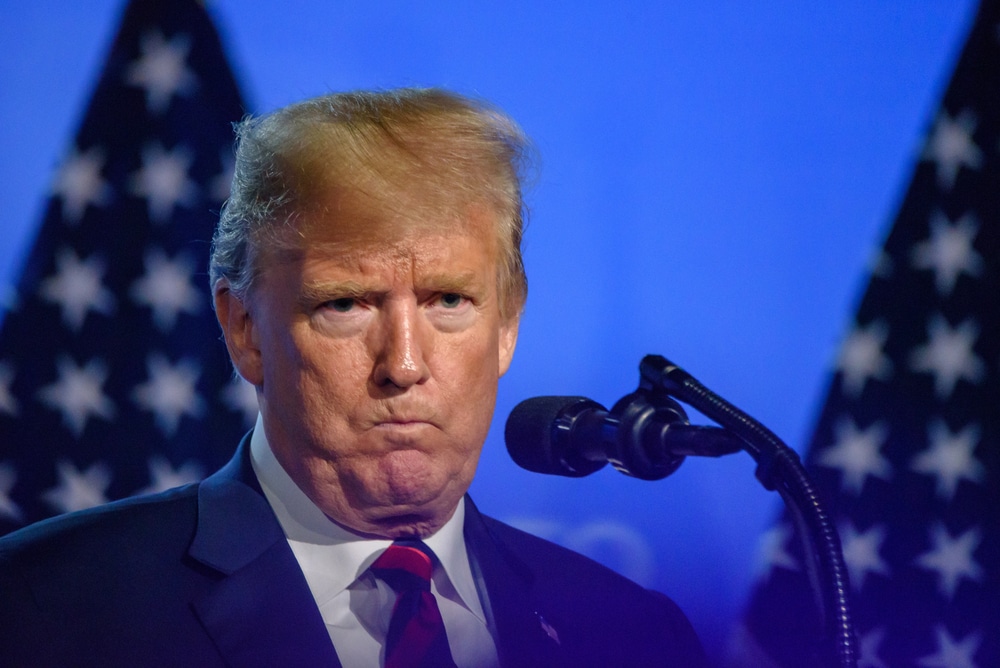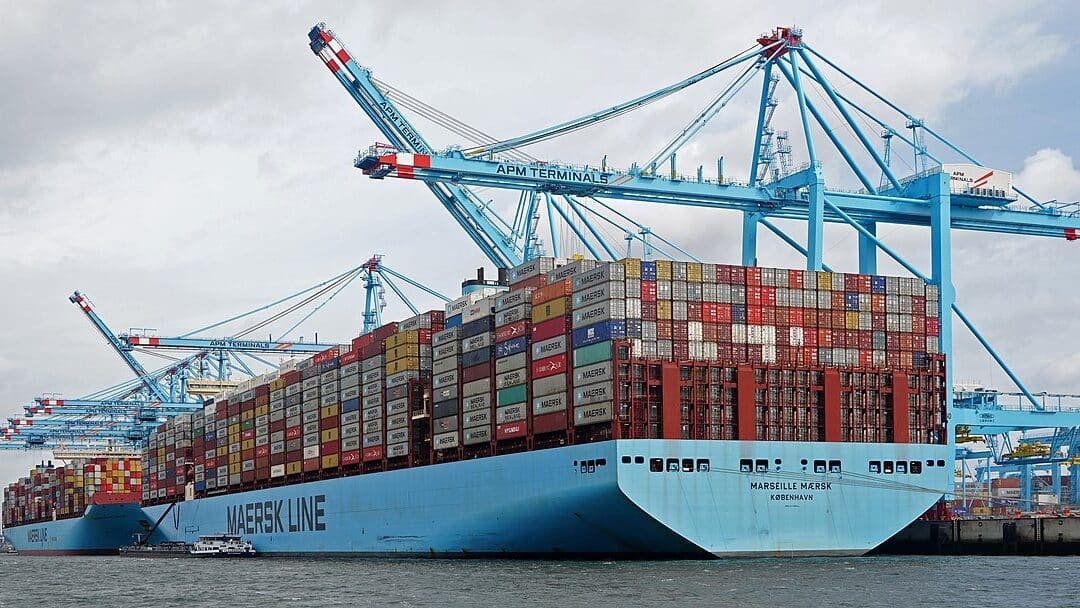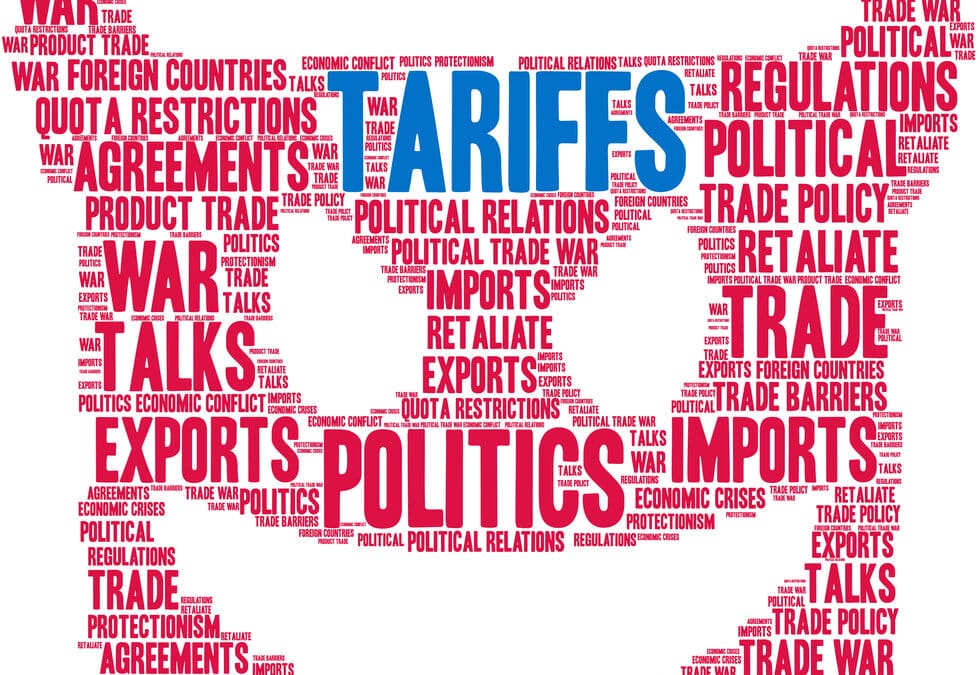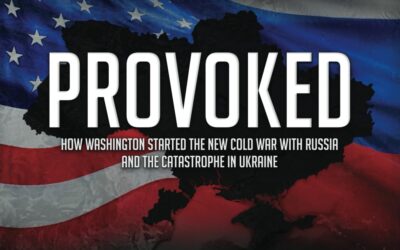"There were and there will always be people whose selfish ambitions demand protection for vested interests and who hope to derive advantage from measures restricting competition. Entrepreneurs grown old and tired and the decadent heirs of people who succeeded in the...
protectionism
Blog
Shop Our Books
The National Debt and You: What it Is, How it Works, and Why it Matters
Provoked: How Washington Started the New Cold War with Russia and the Catastrophe in Ukraine
Over and over, U.S. government officials and their mainstream media allies called Russia’s 2022 invasion of Ukraine an “unprovoked attack.” The slogan became so overused that people began to ask the obvious question: Why do they protest so much? In Provoked: How...

















